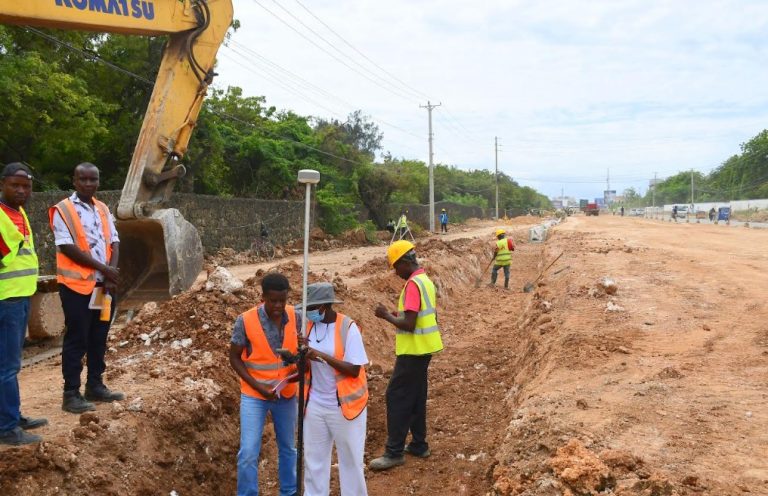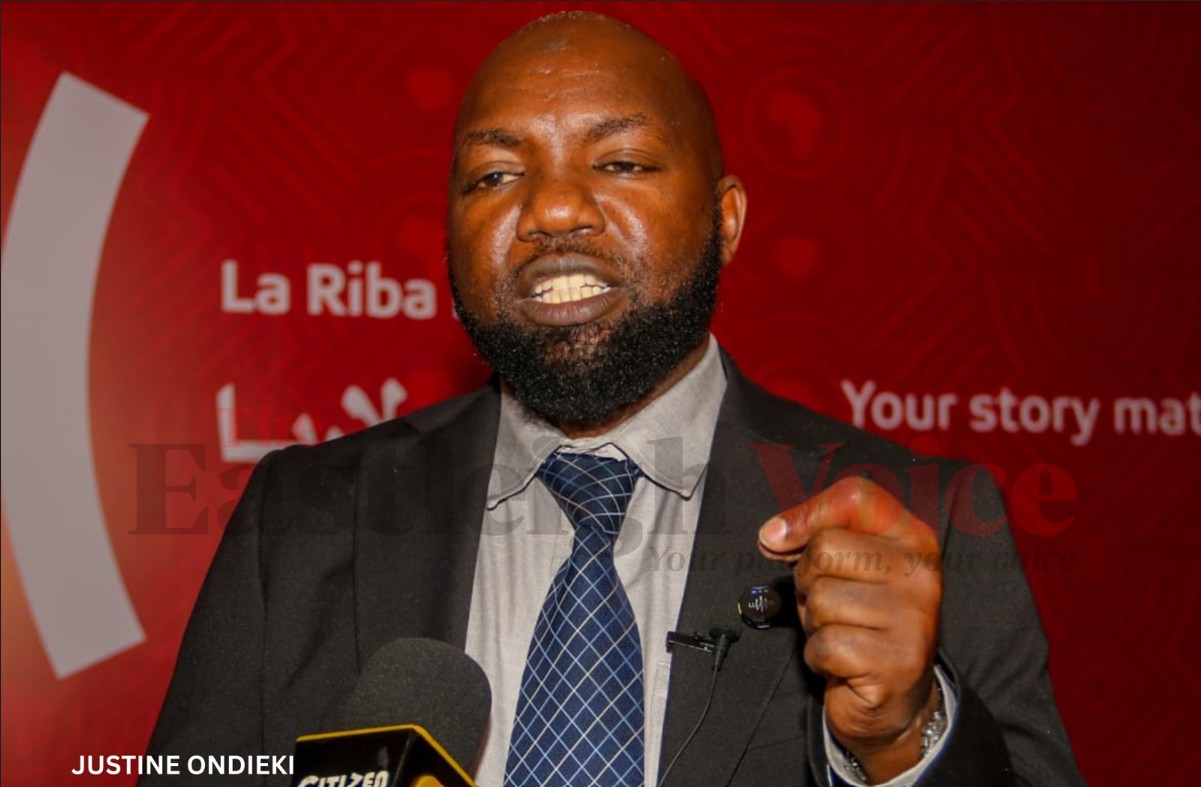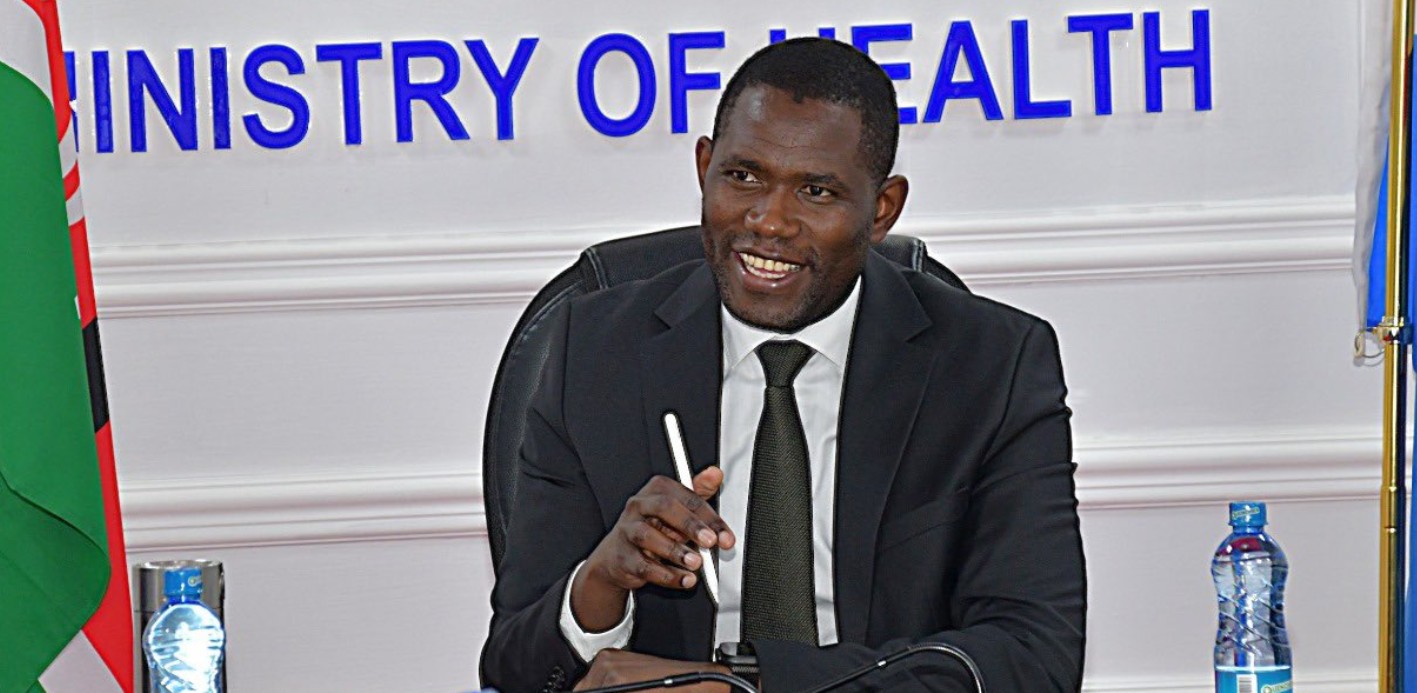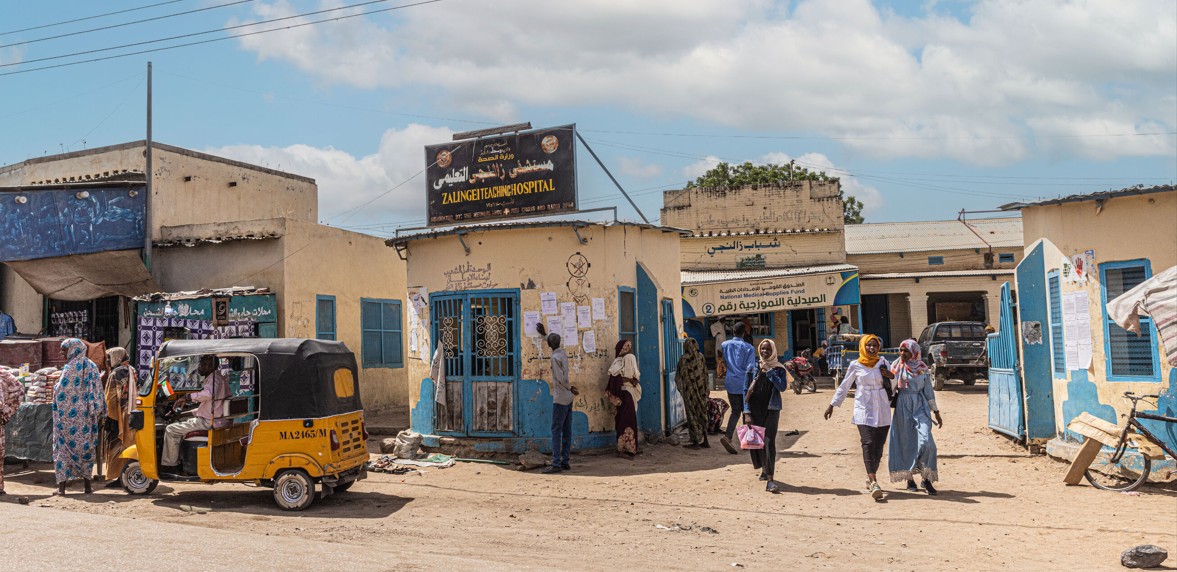Expensive loans hurting African economies - AfDB boss

The sharp rise in the cost of loans is attributed to the shift from concessional financing to more expensive and short-term commercial debt.
African economies will pay $74 billion, or the equivalent of 65 per cent of their GDP, to service their external debt obligations this year, up from only about $17 billion in 2010, the African Development Bank (AfDB) has said.
The sharp rise is attributed to the shift from concessional financing to more expensive and short-term commercial debt, with Eurobond debt now accounting for 44 per cent of Africa's total debt, up from about 17 per cent.
More To Read
- East Africa flagged as hotspot for procurement fraud in AfDB-funded projects
- The international order is shifting: African countries have an opportunity to reshape global power relations
- AfDB to lead Sh1 trillion funding drive for Ethiopia’s new airport
- Kagame lauds Aliko Dangote’s push for African-led development
- AfDB powers regional growth with Sh67.7 billion clean energy investment in Tanzania, Rwanda and Zambia
- Kenya leads in mobile money borrowing as Sub-Saharan Africa leans on informal loans - World Bank Report
“African countries pay a premium when accessing capital markets, despite data showing that Africa's default rates are lower than those of other regions,” said AfDB President Akinwumi Adesina.
According to Adesina, these more expensive loans are undermining Africa's immense economic potential, as they are complicating debt resolution and compromising countries' future growth.
In February this year, Kenya issued a Eurobond worth $1.5 billion to buy back a $2 billion Eurobond that was due for June this year, joining Cote D’Ivoire ($2.6 billion) and Benin ($750 million) as the other African countries to issue a bond this year.
“Addressing the structural issues in Africa's debt landscape, even as we acknowledge the fiscal pressures faced by African nations due to the COVID-19 pandemic, infrastructure needs, and rising inflation, is necessary to spur economic growth on the continent,” stated Adesina.
While expressing optimism about the opportunities in Africa, particularly in renewable energy, given the continent's vast solar potential, Adesina notes that there is a need to increase concessional financing for low-income countries, to facilitate the implementation of key growth projects.
The AfDB head said there is also a need to end the risk perception for Africa, as it is not accurate and is leading to higher borrowing costs for nations.
He further highlighted the importance of an orderly and predictable way of dealing with Africa's debt, urging faster implementation of the G20 Common Framework.
Adesina spoke at the Semafor Africa Summit taking place on the sidelines of the International Monetary Fund and World Bank 2024 Spring Meetings.
The event brought together a range of participants for conversations on the increasing debt burden faced by developing countries as borrowing costs have risen.
Present at the summit was also Raj Shah, president of the Rockefeller Foundation, who noted the importance of balancing developing countries' economic needs with the need for climate action.
There have been growing concerns from European nations about the increasing use of carbon fuels to run African industries, with some saying these acts are contributing to global warming.
Local stakeholders argue that these are the cheapest sources of energy for African economies and that it would be hypocritical for European countries to say African countries should not use these fuels to power their industries as they were key to their industrial revolution.
“It is an unrealistic conversation to just ask people to shut down their only real source of prosperity and cause job losses," Shah said.
Top Stories Today















































